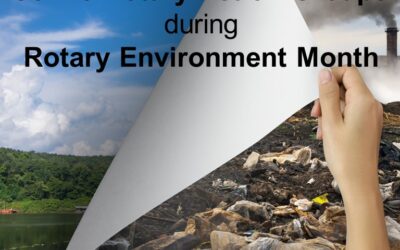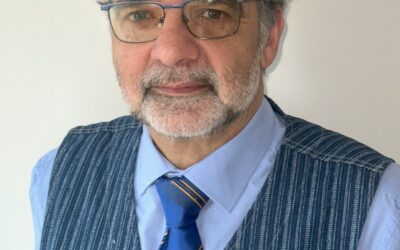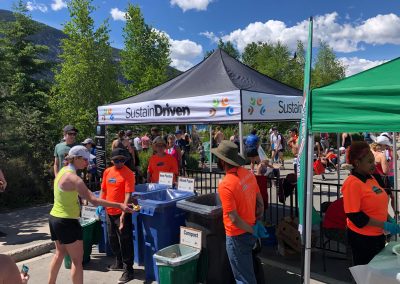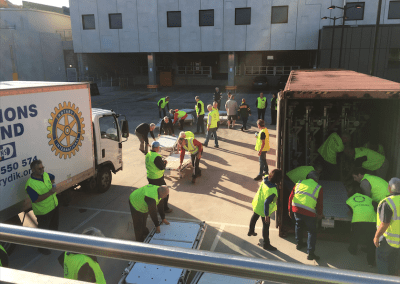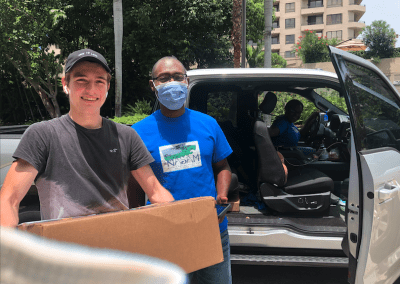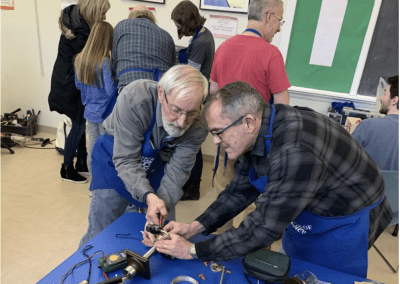THEME
Circular Economy
Rethink, Refuse, Reduce, Re-choose, Repair,
Reuse, Recycle towards zero waste

WHAT IS IT?
Circular Economy at ESRAG
How does circular economy benefit humanity?
Circular strategies reduce the greenhouse gas emissions and other pollution associated with resource extraction, manufacturing, and waste disposal. The Circularity Gap 2022 report estimates that as much as 70% of greenhouse gas emissions are generated by materials handling and use, and that humans waste over 90% of the materials we extract. “The twin agendas of circular economy and climate mitigation gets us on a path to a well below 2-degree world by 2032,” according to the report’s executive summary.
CIRCULAR ECONOMY
Learn more
Rotary Action Groups discuss their work and environment in ESRAG’s April Seminars
Four other Rotary Action Groups show how environmental conditions affect their success, and how their work can enhance sustainability and resilience.
Join Our Team: Volunteer Regional Environment Reporter for the Environmental Sustainability Rotary Action Group
Are you passionate about the environment and want to make a positive impact on the world? Would you enjoy connecting with Rotaractors and Rotarians to write about their inspiring, environmental work? If so, we have an exciting opportunity for you to join our team as...
ESRAG nominates five projects for Earthshot Prize
ESRAG nominates five projects for the 2024 Earthshot Prize. Any who make it to the finalist round will have a tremendous opportunity to develop and scale up their innovative environmental solutions.
Take Action with Circular Economy
Use your professional expertise and influence to promote the development of durable products that are produced sustainably and are practical and affordable to repair. Incentivize resource recovery. Encourage sharing of services and tools – like cars or a Library of Things. You will help businesses, consumers, and local governments save money on materials, energy, and waste disposal. Click on the project overviews below to discover some of the many ways Rotarians are building circular economy around the world.

Lunch out of Landfills
Successfully diverting 40 to 60% of landfill designated waste by providing containers for liquids, organics, recycling and trash.
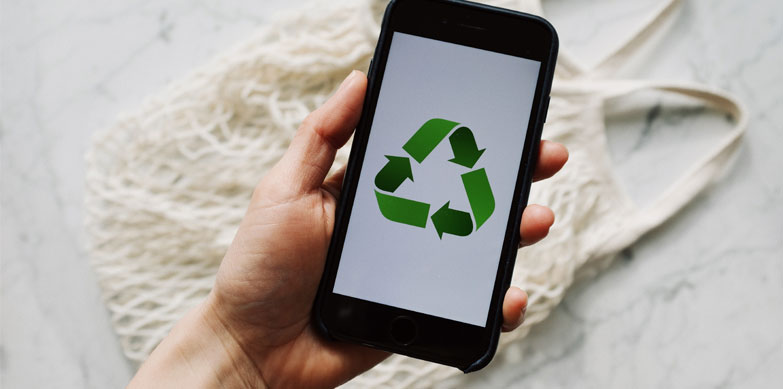
Lithium-Ion Battery Recycling
Dispose of lithium-ion batteries through a fully closed-loop recycling solution.
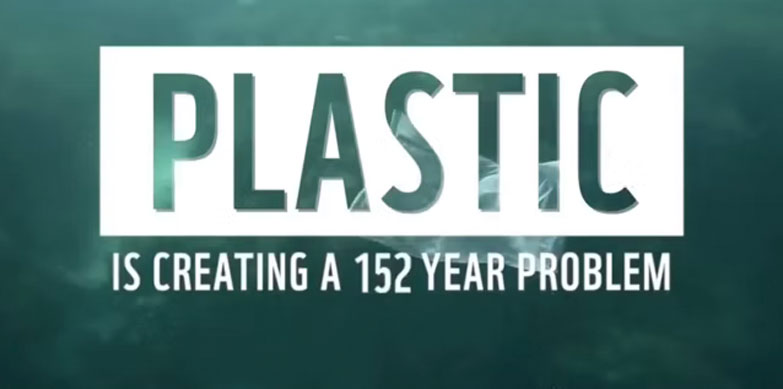
Plastics Solutions
Leveraging the power of Rotary to develop a global network to rethink and influence how we create, use, and dispose of plastic.
CIRCULAR ECONOMY
Featured Projects
Projects surrounding circular economy.
CIRCULAR ECONOMY IMPACT
Resources
A circular economy is an economic
system aimed at eliminating waste and
the continual use of resources.
Throughout our region Rotary is making a difference in a variety of ways that are tailored to suit the local situation. We have included some and look forward to promoting more project types when we receive the information.
A major area of focus is recycling and re-purposing reusable equipment and supplies.
These strategies replace the “take-make-waste” linear economy by circulating products and materials at their highest value and keeping as much as possible out of our waste stream. Circular economy can be enhanced at every stage of a product’s useful life:
• building sustainability and durability into product design
• sustainable manufacture
• improving systems for maintenance and repair
• sharing services and equipment
• reusing products, and
• minimizing waste

CIRCULAR ECONOMY
Featured Events
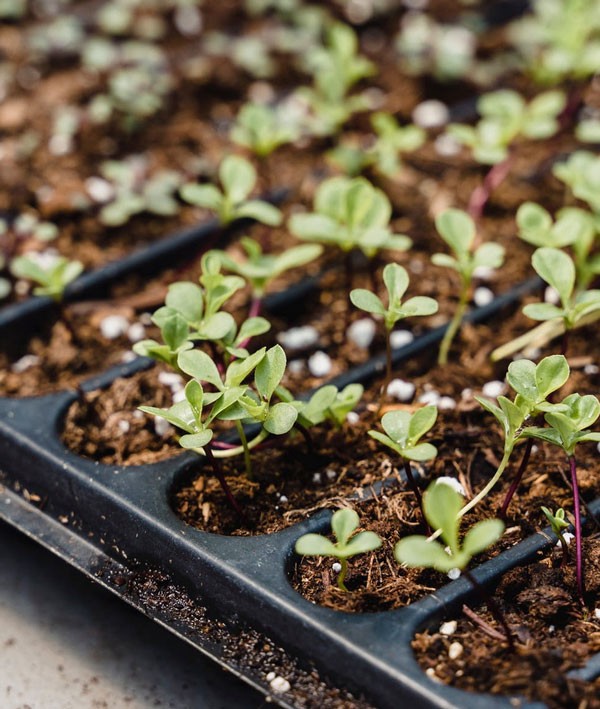
Speaker: Tom Goreau
Topic: Increasing coastal ecosystem biodiversity, carbon storage, and ecosystem services with low voltage electrical fields.
(GMT +00.00) Greenwich Mean Time (Dublin)
More info
Speaker: Dr Pat Armstrong and Clare Caulfield
Topic: Integrating the environment and climate into club planning
(GMT+10:00) Australia Eastern Time(Sydney,Melbourne,Guam)
More info
Speaker: Dave Rice
Topic: How AI is helping prevent fires and promote sustainability
(GMT +00.00) Greenwich Mean Time (Dublin)
More info
Speaker: Joshua Fabricio Céspedes Campos
Topic: Sustainable fashion with recycled garments, which raises awareness about the importance of preserving the environment
(GMT +00.00) Greenwich Mean Time (Dublin)
More info
Speaker: Dr Libby Skeels
Topic: Psychology for a safe climate - dealing with climate anxiety
(GMT+10:00) Australia Eastern Time(Sydney,Melbourne,Guam)
More info
Topic: RICON: ESRAG Meeting & Fellowship
(GMT+08:00) China Taiwan Time
More info
